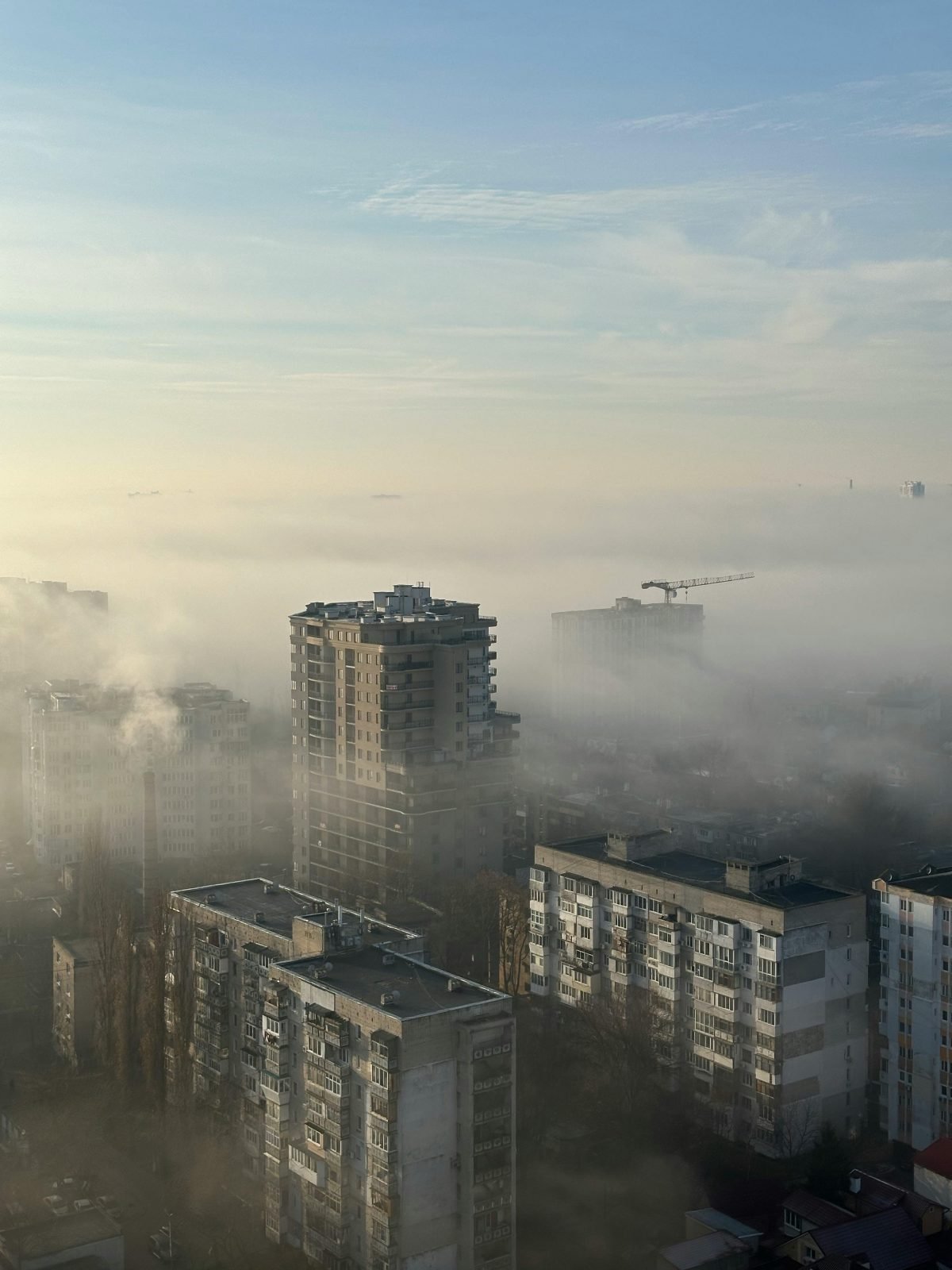Redevelopment is much more than a construction project; it’s a once-in-a-lifetime opportunity for your housing society to modernize living spaces, upgrade amenities, and add lasting value.
Over the years, policy shifts have made redevelopment more accessible and efficient. From the early changes in 2012 to the recent 2025 rules giving developers only two months to act, the landscape is evolving. But with opportunity comes responsibility: careful planning, informed decisions, and clear communication are essential for success.
Make sure everyone agrees on what matters most
The first step is uniting the society members around a common vision. Redevelopment affects everyone, so knowing what’s non-negotiable, whether it’s maintaining green spaces, ensuring parking adequacy, or safeguarding heritage features, helps avoid misunderstandings later.
When all members agree on their priorities upfront:
- It simplifies discussions with developers and vendors.
- It prevents surprises during project execution.
- It helps focus negotiations on what truly matters.
Skipping this step often leads to delays, disputes, and distrust. Remember, redevelopment isn’t just about buildings; it’s about community.
Focus on building for the future, not just bigger spaces
Redevelopment should envision the society’s future lifestyle, not just add floors or increase flat sizes. Think about:
- Creating green open spaces that encourage outdoor activities and improve air quality.
- Designing safe, step-free pathways and entrances that help senior citizens and differently-abled residents move around easily.
- Planning parking thoughtfully to prevent congestion and protect vehicles.
- Including community halls, play areas, and wellness spaces that support multi-generational living.
This future-focused approach increases society’s attractiveness and ensures the new development remains relevant and comfortable for decades.
Think about the costs that come after the construction is done
A modern building can come with unexpected expenses if long-term costs aren’t considered. Societies should factor in:
- Maintenance of eco-friendly features like solar panels and water recycling systems.
- Regular upkeep of green spaces keeps the environment healthy and appealing.
- Utility costs that might fluctuate due to design choices (for example, air conditioning requirements if ventilation isn’t optimized).
Working with developers who specialize in sustainable and cost-effective building designs can save society money and stress later.
Keep everyone updated at every stage of the process
Redevelopment projects span years and involve many moving parts. Keeping members well-informed reduces anxiety and builds trust. Societies should:
- Hire an independent Project Management Advisor (PMA) to ensure unbiased oversight on timelines, budgets, and quality.
- Consult legal experts early on to protect members’ rights and clarify contractual obligations.
- Provide regular updates and hold open forums for members to ask questions and voice concerns.
Transparent communication fosters a collaborative environment where all stakeholders feel valued and heard.
Look beyond the price when choosing a developer
While financial proposals matter, they shouldn’t be the sole criterion. When selecting a developer, consider:
- Their ability to finance the project fully, avoiding mid-way stalls.
- Track record in delivering projects on time and within budget.
- Reputation for quality, safety, and after-sales service.
- Past client references and feedback from other societies.
Doing thorough due diligence now helps avoid costly issues later.
Treat society funds with care and plan for the long term
Funds like hardship allowances or corpus money are precious resources. Instead of viewing them as easy cash, societies should:
- Use these funds strategically to cover redevelopment expenses and contingencies.
- Maintain meticulous records of expenditures for transparency and accountability.
- Make collective decisions about spending to ensure fairness and prevent misuse.
A disciplined approach to fund management ensures financial stability during and after redevelopment.
Remember, redevelopment is about renewing your community
Ultimately, redevelopment shapes the future of your community. When done thoughtfully, it brings modern comforts, strengthens bonds among residents, and enhances property value. It’s an investment not just in infrastructure but in the social fabric that holds your society together.
Take your time, involve everyone, pick partners carefully, and build a home that welcomes generations to come.


